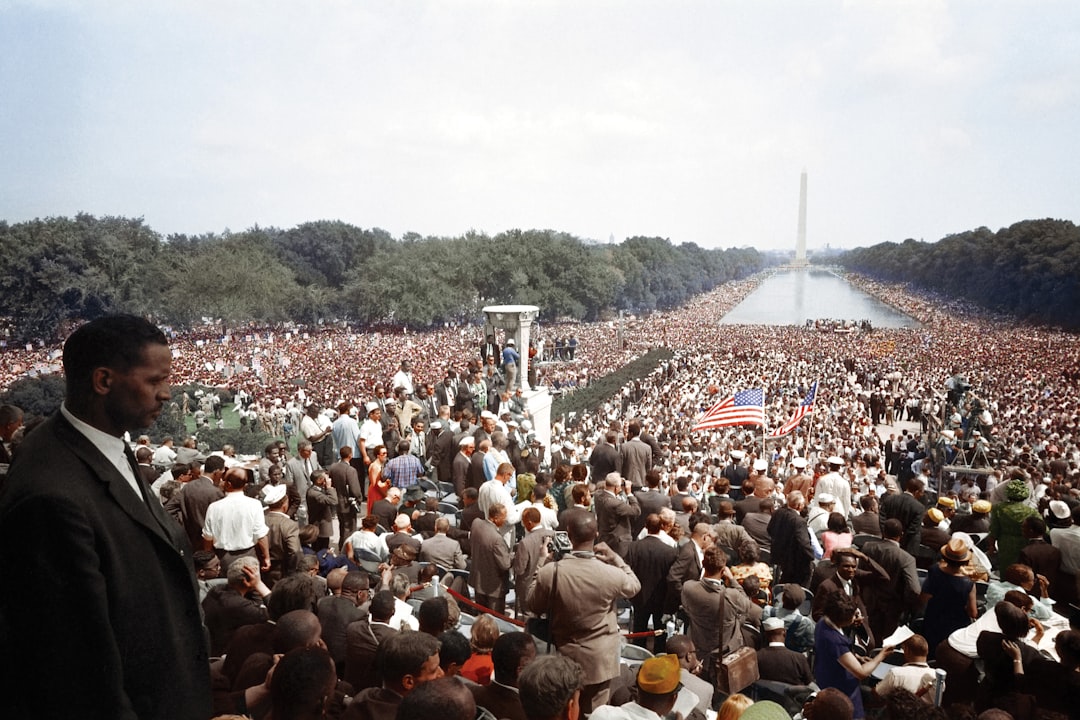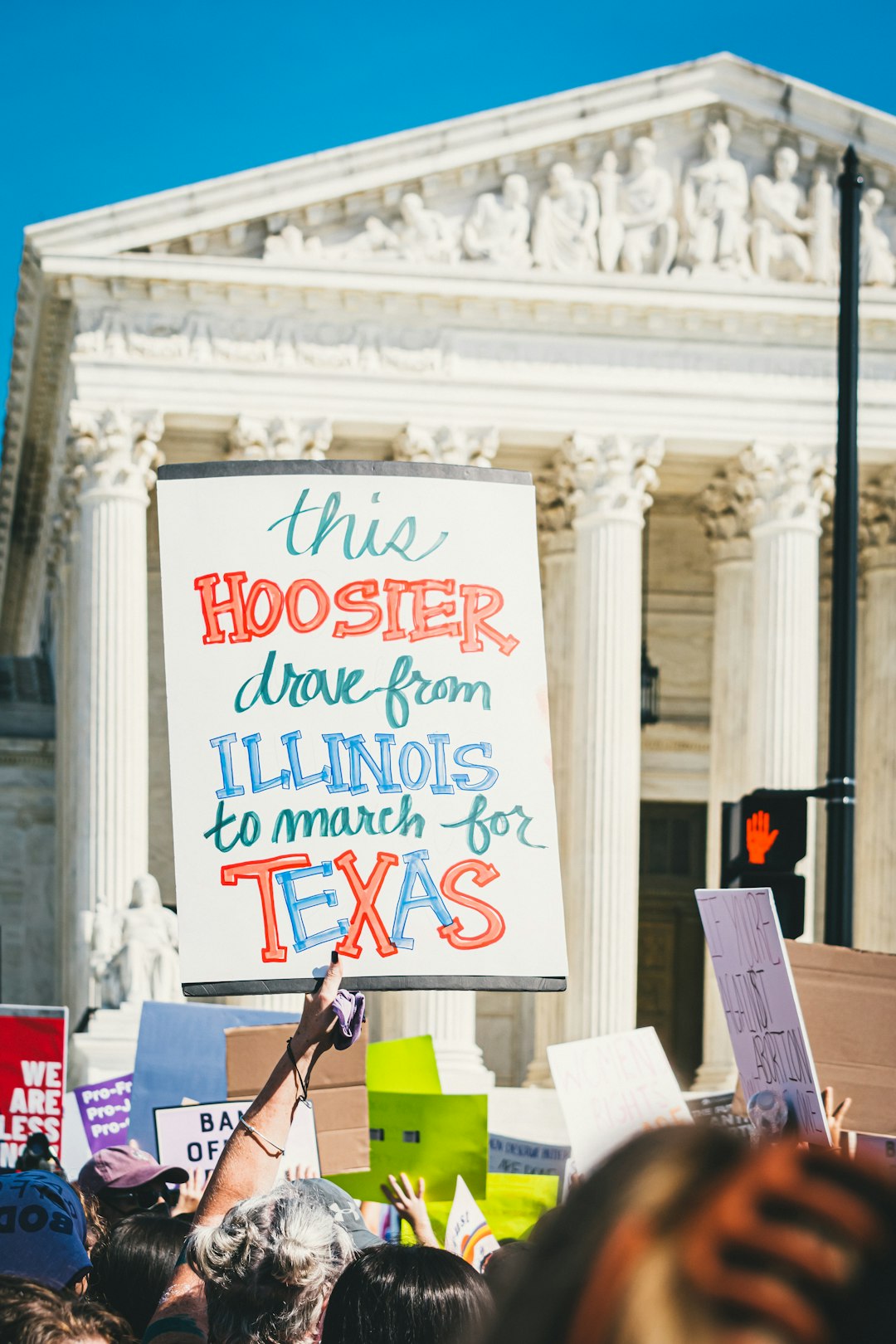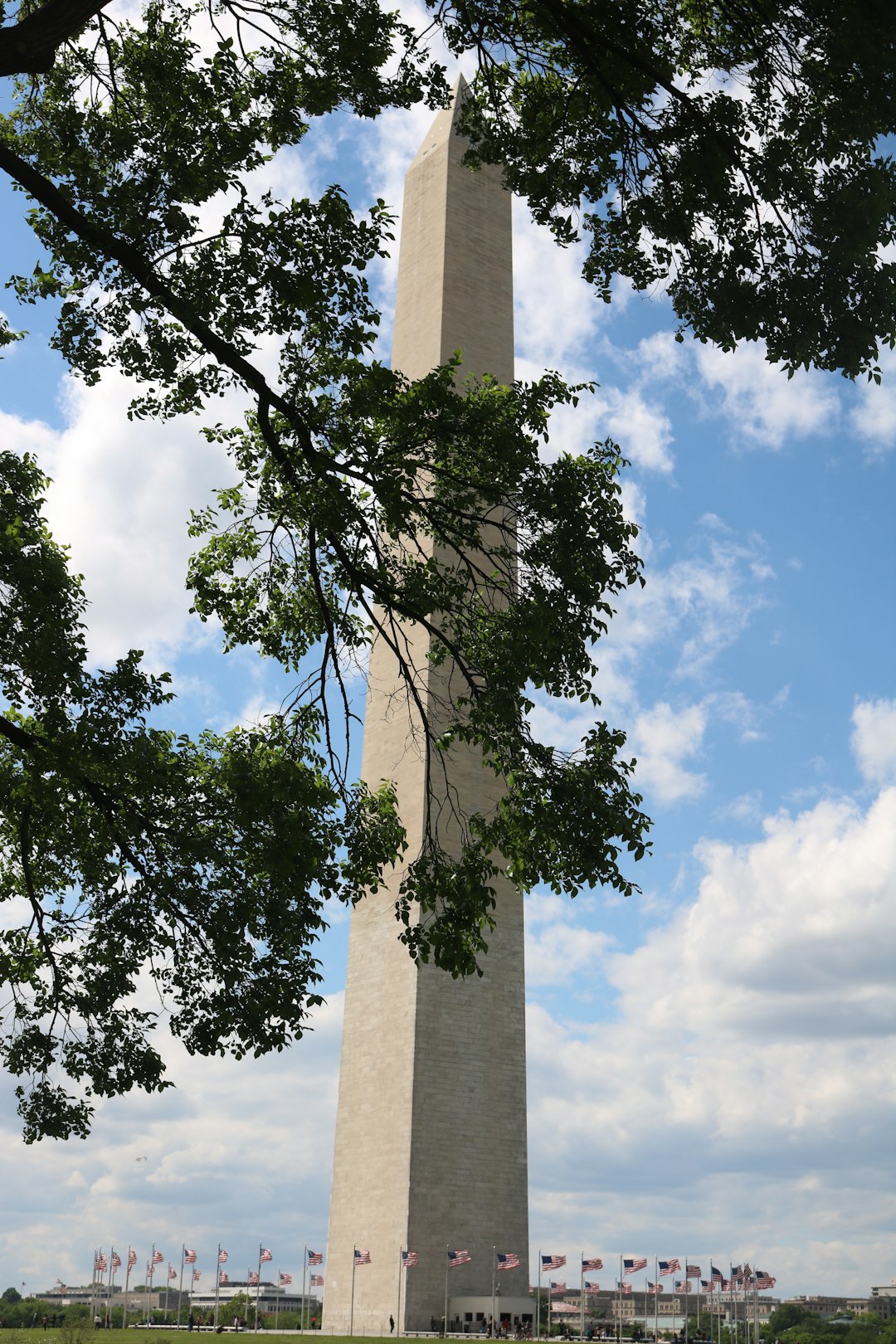Spam calls targeting residents in the District of Columbia have become a prevalent and disruptive issue, posing risks to privacy and personal information. Advanced technology has made it easier for scammers to target victims, leading to an increased demand for legal assistance. Local governments, like DC, play a crucial role in shaping national privacy legislation. Specialized spam call law firms DC collaborate with these governments to draft stricter laws, ensuring residents are protected from unwanted telephone marketing. The Consumer Privacy Protection Act (CPPA) and Telephone Consumer Protection Act (TCPA) empower D.C. citizens to take action against spam calls by filing complaints or consulting a spam call lawyer DC. Engaging the services of experienced spam call attorneys or law firms can help stop relentless unwanted calls, securing privacy and creating a quieter home environment.
In today’s digital age, the issue of unwanted telephone communications, particularly spam calls, has become a growing concern for residents across the nation, including those in the District of Columbia. As the number of spam calls continues to surge, local governments are stepping up their efforts to protect citizens’ privacy and well-being. This article explores the critical role that local governments play at a national level regarding privacy legislation related to telephone communications. By delving into specific laws and legal protections, such as those offered by spam call lawyers DC, we aim to equip D.C. residents with knowledge and resources to navigate these issues effectively.
Understanding Spam Calls and Their Impact on D.C. Residents

Spam calls, often targeting residents in the District of Columbia, have become a prevalent and disruptive issue. These unsolicited telephone communications, typically promoting products or services, can be a nuisance and even pose potential risks to individuals’ privacy and personal information. Many D.C. residents find themselves on the receiving end of these unwanted calls daily, leading to increased frustration and concern over their data security. With the rise of advanced technology, spam call tactics have evolved, making it easier for scammers to track down and harass victims.
The impact of spam calls on D.C.’s population is significant. It not only disrupts personal lives but also raises serious privacy concerns. Many residents feel vulnerable and unsure how to protect themselves from these persistent and often deceptive calls. This has prompted a growing demand for legal assistance, with more people seeking spam call lawyers DC or spam call attorneys DC to understand their rights and options under the law. Spam call law firms DC specializing in this area are well-equipped to handle such cases, ensuring residents have access to justice and protection from these modern-day communication infringements.
The Role of Local Governments in National Privacy Legislation

Local governments play a pivotal role in shaping national privacy legislation, especially when it comes to protecting residents from intrusive practices like spam calls. As the primary administrators of laws within their jurisdictions, they have the power to enact and enforce regulations that cater to the unique needs and concerns of their communities. In the context of telephone communications, local governments, particularly those in densely populated areas like the District of Columbia, can take proactive measures to safeguard residents from unwanted spam calls.
In response to the increasing prevalence of spam calls, local attorneys specializing in privacy law have become invaluable resources for DC residents facing persistent harassment. These spam call lawyers DC and spam call attorneys DC often collaborate with local governments to draft and advocate for stricter privacy laws. By combining legal expertise with community insights, they can ensure that national legislation addresses the specific challenges faced by District of Columbia residents, ultimately fostering a safer and more private communications environment.
Legal Protections for D.C. Citizens Against Unwanted Telephone Communications

In the District of Columbia, residents enjoy robust legal protections against unwanted telephone communications, often referred to as spam calls. The Consumer Privacy Protection Act (CPPA) and the Telephone Consumer Protection Act (TCPA) are key legislation that safeguard D.C. citizens from intrusive and unsolicited phone marketing activities. These laws permit individuals to take action against companies or entities making spam calls by filing complaints with the Federal Communications Commission (FCC) or seeking legal redress through a spam call lawyer DC.
If you’re dealing with persistent spam calls, consulting a reputable spam call attorney DC or spam call law firm DC is advisable. These professionals can guide residents on how to navigate the legal framework and take appropriate measures. By leveraging these laws, D.C. citizens have the power to put an end to unwanted telephone communications and enjoy a greater sense of privacy in their daily lives. For those seeking assistance, there are numerous spam call lawyers DC and spam call attorneys DC available who specialize in defending the rights of residents against such infringements.
Navigating Spam Call Laws: Resources and Support for D.C. Homeowners

Navigating the complex landscape of spam call laws can be a daunting task for District of Columbia residents. With an abundance of unwanted calls targeting homeowners, many are turning to legal professionals specializing in privacy legislation. In response to this growing concern, several law firms in DC offer specialized services to combat spam calls, providing much-needed support to local residents.
Homeowners seeking relief from relentless spam calls can consult with experienced spam call lawyers and attorneys who understand the nuances of federal and local regulations. These professionals guide clients through the process of filing complaints, requesting restrictions on caller IDs, and pursuing legal action against persistent violators. By leveraging their expertise, residents can protect their privacy and enjoy a quieter, more peaceful home environment.






